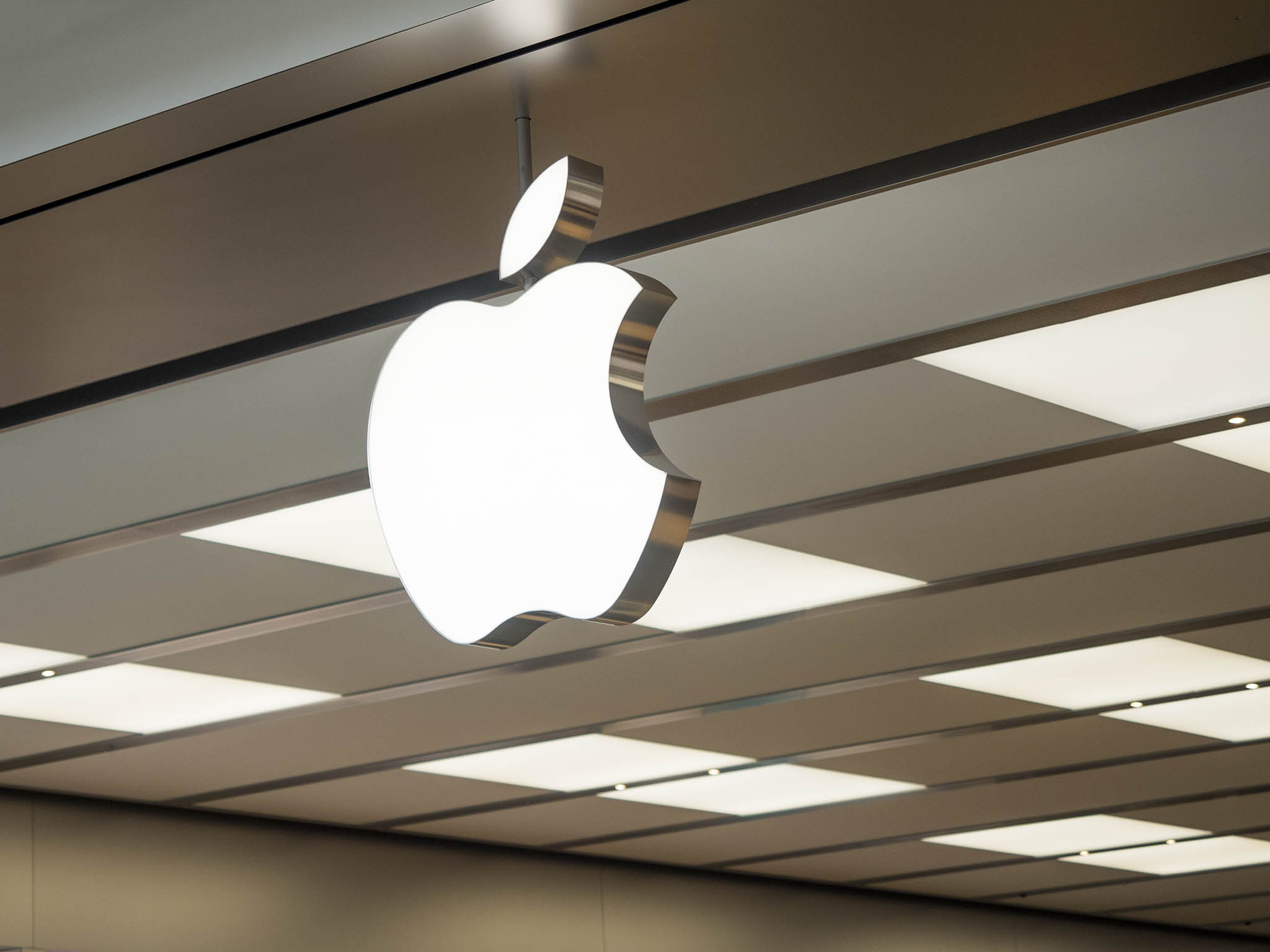Apple requests to review Red's Rawcode format patent used for RAW footage

iMore offers spot-on advice and guidance from our team of experts, with decades of Apple device experience to lean on. Learn more with iMore!
You are now subscribed
Your newsletter sign-up was successful
What you need to know
- Apple has filed a petition with the USPTO to review one of Red's patents.
- The patent in question pertains to Rawcode, the format Red uses for RAW footage.
- Apple argues that the patent does not privde enough written support for its claims.
Apple has filed a petition with the Patent Trial and Appeal Board of U.S. Patent and Trademark Office to review and possibly invalidate a patent from camera maker Red relating to its Rawcode format.
According to AppleInsider, Apple is seeking an Inter Pares review of patent 9,245,314 called "Video camera." The patent mostly talks about Rawcode, the format Red uses for RAW footage. Here's the description of the patent:
Embodiments provide a video camera configured to capture, compress, and store video image data in a memory of the video camera at a rate of at least about twenty three frames per second. The video image data can be mosaiced image data, and the compressed, mosaiced image data may remain substantially visually lossless upon decompression and demosaicing.
Apple argues the patent doesn't provide enough written support for its claims. It mostly focuses on the phrasing of the patent and its description for some of the functions.
In a statement to NewsShooter, Red Digital Camera president Jarred Land responded to Apple's petition.
"This is standard operating procedure for patent holders. It's not the first time someone has challenged the Redcode patents and each time our patents have held fast. Red fully anticipates its patents will be held valid again.""We have a fantastic relationship with Apple and as they publicly announced in June we continue to work on incredible things with them. "
The whole ordeal stands on the amicable side from Land's comments for now. After all, Apple and Red have worked together closely, including a partnership that saw Apple selling Red camera bundles with the Raven in its stores back in 2017. But that could change if the patent is overturned and Apple can begin using it without paying a licensing fee.
iMore offers spot-on advice and guidance from our team of experts, with decades of Apple device experience to lean on. Learn more with iMore!

